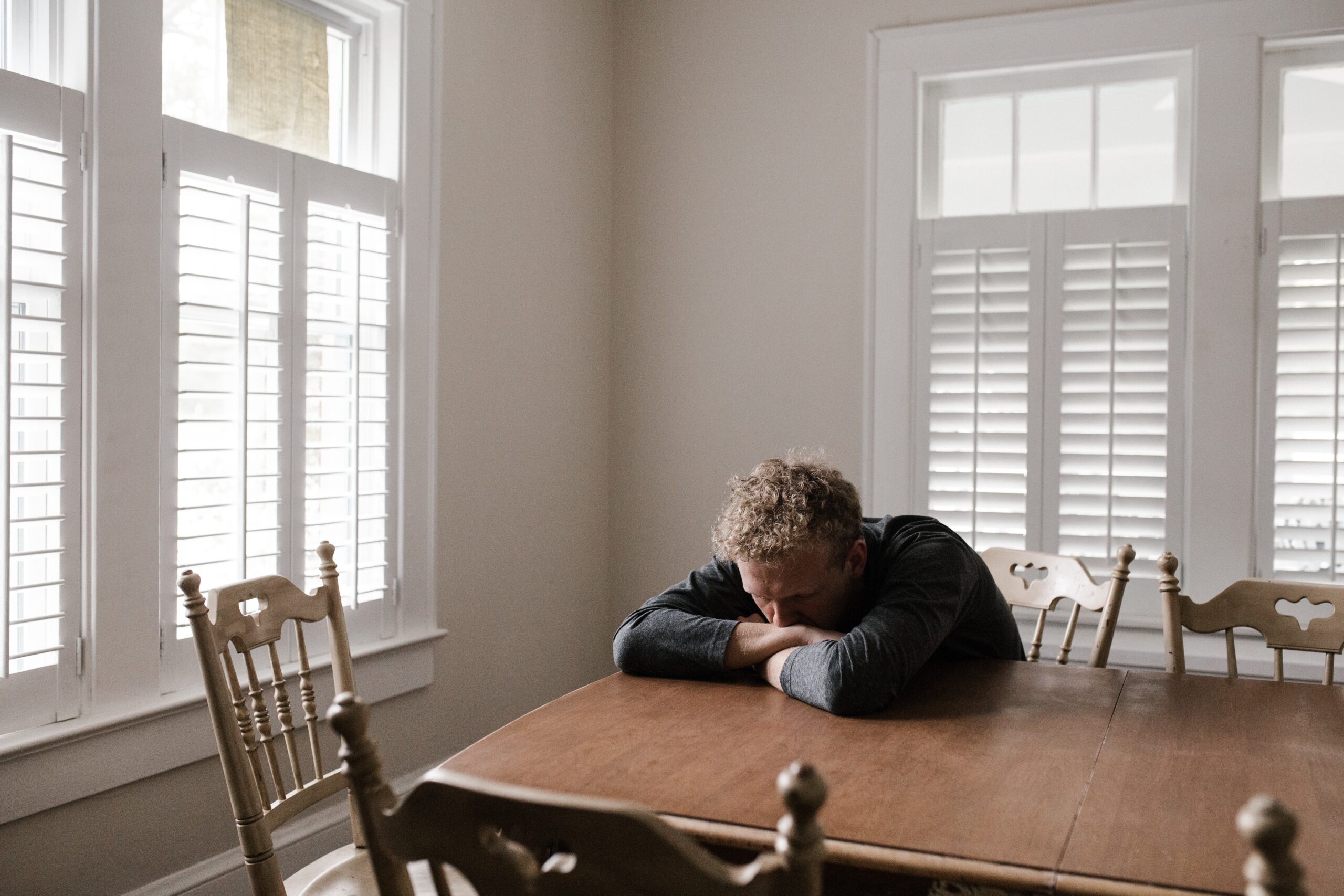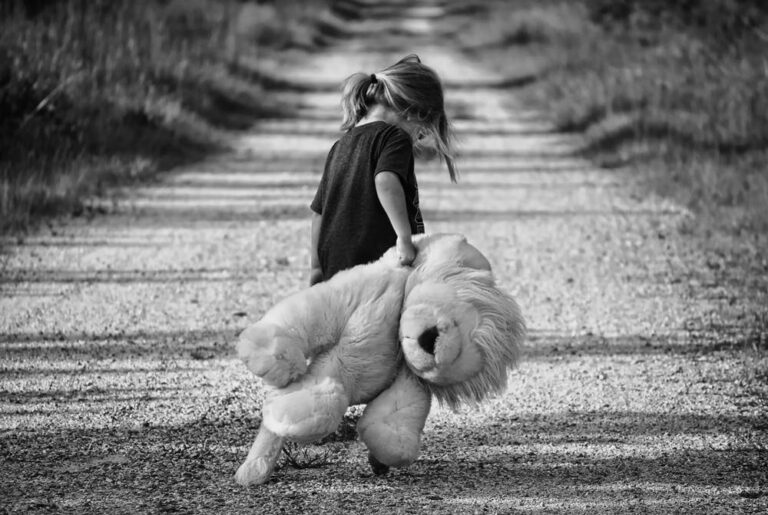Emotional Freedom
Emotional Freedom : A journey to Inner Peace
Essence of healing your emotions
Emotional healing is a process of identifying your emotional wounds, coming most likely from the events that happened in the past, acknowledging the impact of those wounds and consciously freeing yourself from the impact.
This process allows you to recognise your inner blocks and re-gain inner strength to realign your feelings and emotions
There could be many instances that have hurt you emotionally. It could be related to parenting, schooling, loss of a loved one, broken relationship and so on…, however, those incidents are not accessible to you. When you begin your journey of healing, these incidents start unlayering, initiating the process of healing.
Signs of emotional distress?
- Need to be alone and compulsorily distracted
- Easily agitated, losing temper , irritable
- Always anxious
- Not able to enjoy around friends and family
- Indecisiveness
- Procrastination – delaying things without any good reason
- Substance addiction : alcohol, smoking etc
- Hopelessness and pessimism in doing everything
- Insomnia – difficulty in sleeping
- Inability to trust yourself and others
How does healing helps?
Once you decide to discover yourself, the process of emotional healing transforms your life in a way that could be beyond your imagination. Although it would be an understatement to try to put the benefits in words, however, some of the benefits are :
- Get relieved of emotional baggage
- Develops self-love and self-respect
- Transforms you as a person
- Takes you closer to experience love and bliss
- Develop empathy
- Develop emotional intelligence
- You learn to respond assertively
- Brings positivity in your life and to people around you
- Improves relationship significantly
Structure of a healing session
Your healing journey begins as soon as you decide to look into your inner being. Your therapist will be there with you all along. A broad overview of the healing sessions would be:
- Getting to know: Initial discussion with the therapist about the issues you are going through.
- The therapist explains to you the theme of the issues
- Choose the therapy: The client and the therapist mutually agree on the best healing modality to be followed, according to the intensity of the issue
- Timeline : you will get a clear guideline on how the sessions will progress and what to expect in the sessions.
- Post session care: Practices, if any, to be done pre and post session will also be shared.
How to identify your emotional wounds?

While most of us have scars from emotional setbacks, many are unaware of them. If you look deeper into your life, look at the way your life is moving.
- Notice the hindrances,failures, compulsions, procrastination, or indecisiveness you face.
- You can look into your addictions and failed efforts to come out of those addictions.
- Observe your need to please others.
- Think about the situations where you lose confidence even when you are capable to handle those situations.
- It’s worth thinking about your relationship with your parents and siblings, is it a happy relationship, do you look forward to seeing them?
- Look at your love relationship patterns/break-ups. Observe your thoughts when you are sitting idle.
- What is the theme of those thoughts? Insecurity? Fear? Feeling to run away from present life? Feeling stuck? Frustrated? Anxious? Or it could be a combination of all these feelings.
We often have tanked up emotions that we have accumulated since the day we are born. If you related to any such feelings, then you are emotionally wounded, hurt!
Effects of emotional wounds?

People having unaddressed emotions might have difficulty in progressing in their career, choosing the right partner, maintaining relationships, holding up to their dignity in certain situations, and respecting their boundaries. It will be difficult for them to say No to someone even when they know it is the right thing to do. They lack self-love, cannot put their needs over others. It becomes a necessity for them to please others and they choose to suffer because of it.
How healing works?
The journey of emotional healing is difficult and emotionally painful. It is a very intense process. This is a journey into the past to reach out to the traumatic situation that your mind chose to ignore because it was too difficult to bear, it was too painful to acknowledge. There are very deep layers of negative experiences and you are befooled by your conscious mind that you have successfully put them behind you. But the impact of those experiences can be seen clearly in your day-to-day life.
This difficult yet incredible process begins with accepting your need for emotional healing. Thereafter you choose to meet a healer. Both of you need to trust each other and establish a rapport. There must be a non-judgemental space. A healer will choose a healing modality best suitable for you.
At InnerSaga, we practice Psychotherapy based Counselling including deeper healing modalities that help to connect with your subconscious mind, where most of the emotional baggage is stored. We may choose one or a combination of the below-mentioned healing techniques:
Inner Child healing – Exploring, reaching out to your wounded inner child and regain the strength as an adult.
Rebirthing Breathwork – Reach out to your hidden traumas with the help of Breath, the source of life
Reiki healing – Release negative energy through a process of attunement, chakra balancing and energy channelization.
What to expect from your healing journey

Transformation doesn’t happen overnight. Recovery from the healing process is not linear. Sometimes it feels that it is spiralling and you are not reaching anywhere. Feels like a spider web.
Sometimes you may experience a blissful feeling coming out of nowhere, you might feel exhilaration, love and compassion from the core of your heart and the other moment you might be sinking, sulking and feels like a relapse.
Having trust in the process is the key.
Every sulking moment, every relapse is a forward movement. Be open with your therapist and share every possible detail of your experience. Be open to tell if you are feeling disgusted or lost or disoriented. The more the healer learns from you the more they can help you to move forward.
If you have landed on this article and have been reading it till the end, probably you could resonate with some of the feelings. Do not hesitate to get in touch with us. We began our healing journey a decade back and now it’s your time to be a victor!


